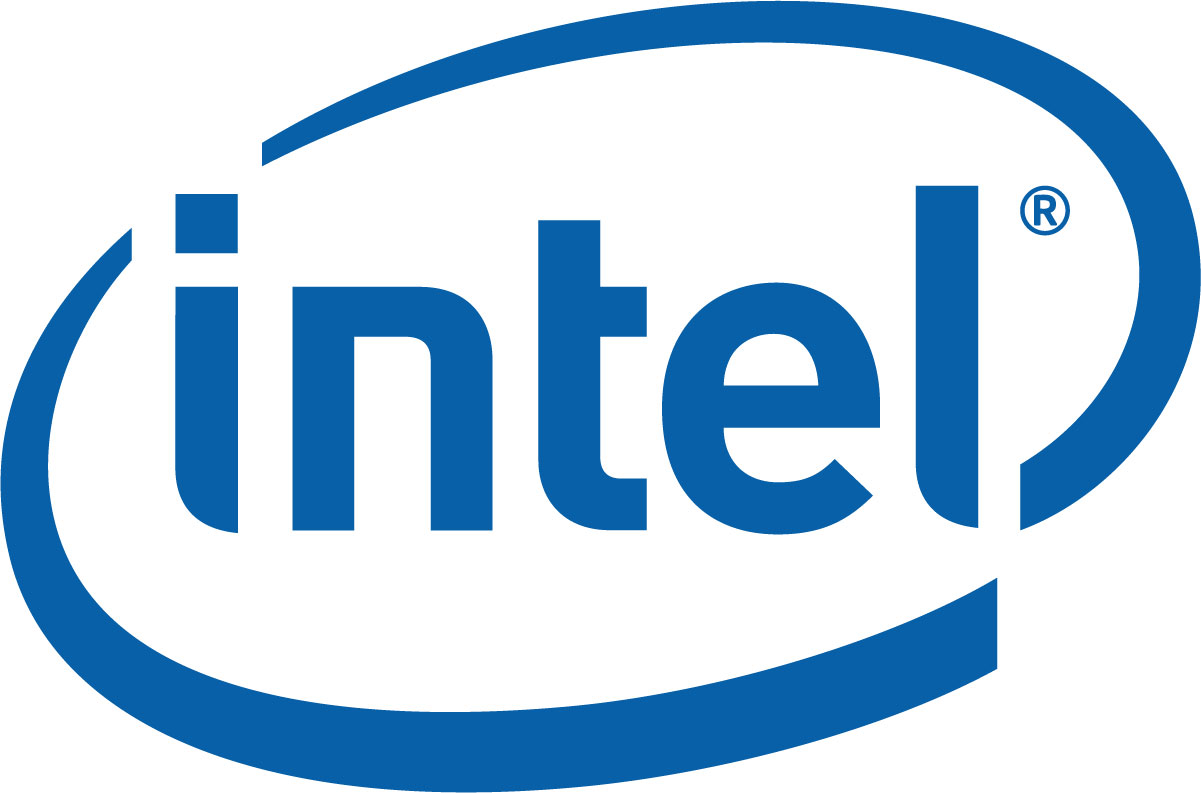WikiLeaks Shows Intel Blackmailed Russian Govt.
It was somewhat apparent that the 250,000-or-so cables released by WikiLeaks could make the lives of many rather inconvenient, but it seems that the information goes much further than just diplomatic negotiations.
It was somewhat apparent that the 250,000-or-so cables released by WikiLeaks could make the lives of many rather inconvenient. However, it seems that the information goes much further than just diplomatic negotiations. A new document now shows how Intel was able to get a waiver from the Russian government to import software that usually could not have been imported. If we read this right, then the information shown could be called bullying at best and blackmailing at worst. Some may call it business, though.
Intel apparently received approval to import 1000 encrypted platforms that would be used for the development of software. Intel, which was represented back then by CEO Craig Barrett, made it clear that it needed the hardware and software in the country and was able to leverage its intelligence, if you will, knowing that Russia wanted to become a "knowledge-based economy." Intel highlighted that it was employing more than 1000 Russian engineers and if it was not able to import those platforms, it would have to lay off over 200 engineers and R&D work would be moved to India or China. Apparently, the negotiations involved not only Barrett, but also American Chamber of Commerce President Andrew Somers on the American side, as well as Russian President Medvedev.
The cable described Intel's appearance as high-level lobbying: "Intel was able to demonstrate the reasonableness of its request and, as a result, by-passed the current extensive licensing requirement." The cable stated that the import limit was 1000 units and there was no waiver for commercial products. The American government described the activity as sign that the Russian government may be flexible in granting waivers for certain encryption products.
Get Tom's Hardware's best news and in-depth reviews, straight to your inbox.
-
ckthecerealkiller I wouldn't call it blackmail. I would call it a bit of a bullying business move though. Intel has done much worse.Reply -
dogman_1234 ...and I want to work for the idiots? Sorry Paul, not today...never.Reply
I hope AMD has been good this year for Santa. -
ahbi So it is now "blackmail" to say "If you don't make it possible for my employees to do the work I pay them for, I'll stop paying them"?Reply
What colour is the sky in your world? -
kronos_cornelius This just reflect the bigger issue. In the new world order, corporations are the most powerful, and all nations are banana republics.Reply -
mister g ahbiSo it is now "blackmail" to say "If you don't make it possible for my employees to do the work I pay them for, I'll stop paying them"?What colour is the sky in your world?Kind of, when you knew that Russia had never allowed these devices in before and you expect to set up office inside anyway and make demands.Reply -
fatdoi that's same with every form of government/business relationships... like the auto industry, the company asks govt to invest $x millions to upgrade their plants or research for continuation of vehicle production of that plant.... so what's the difference??Reply
